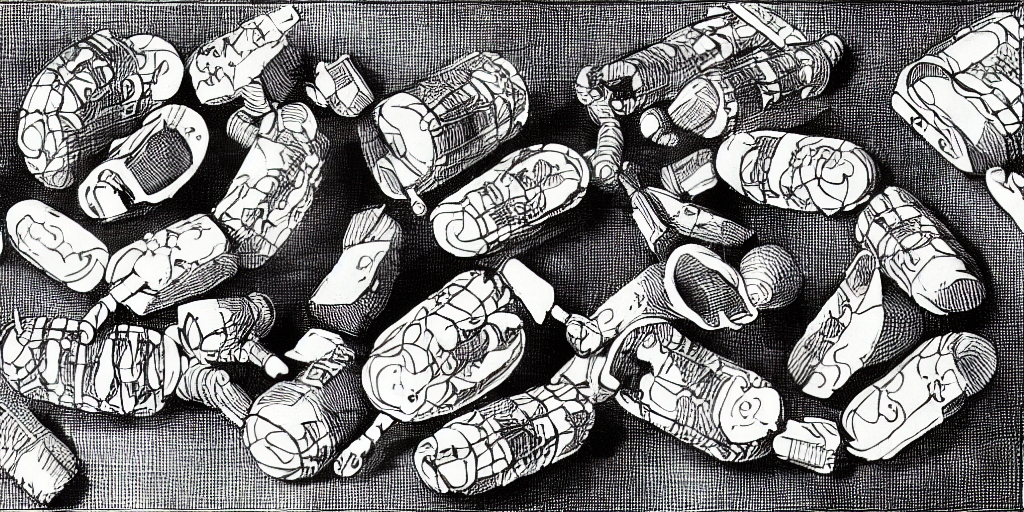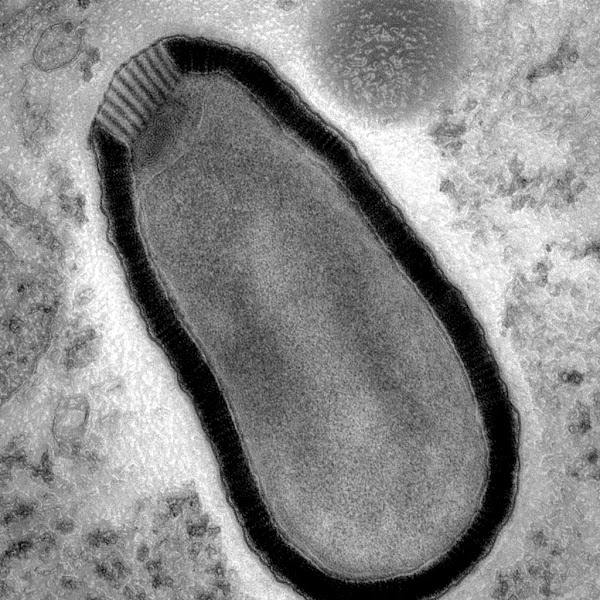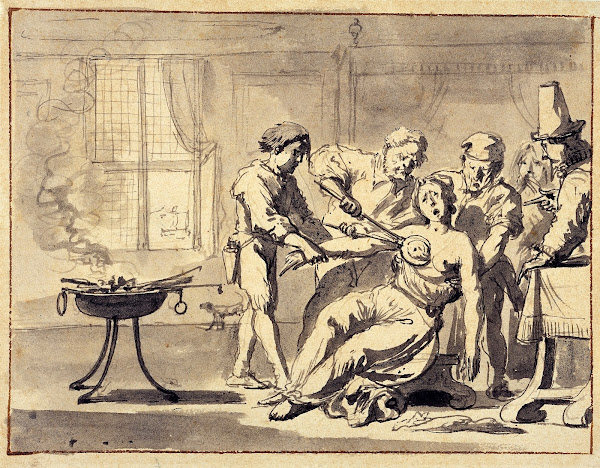What is Taurine (The Good and The Bad)
Taurine is a type of amino acid, which are the building blocks of proteins. It's found in large amounts in the brain, retina, heart, and blood cells called platelets. The best food sources are meat and fish.
Contrary to most amino acids, taurine is not used in body to build proteins. It has several critical functions:
- Maintaining proper hydration and electrolyte balance in your cells: Taurine helps regulate water and mineral salts in the blood. Its role in maintaining the body's electrolyte balance helps support the function of your central nervous system.
- Forming bile salts: Bile salts, which are produced by the liver, help break down dietary fats. Taurine is essential in the creation of bile salts.
- Regulating minerals within cells: It helps regulate calcium, potassium, sodium, and magnesium in your cells, contributing to the healthy function of muscles, including the heart.
- Supporting the general function of the central nervous system and eyes: Taurine has been shown to have potential benefits for these areas, though more research is needed.
- Regulating immune system health and antioxidant function: Taurine might help to combat oxidative stress, protecting your body from damage and inflammation.
While the body can produce taurine, it can also be obtained through diet or supplements. Certain individuals might benefit from supplementation, but for many people, a well-balanced diet provides adequate taurine.
What is an Amino Acid
Amino acids are organic compounds that combine to form proteins. They are known as the building blocks of life because proteins are vital for almost all biological processes.
Amino acids consist of an amine group (-NH2), a carboxylic acid group (-COOH), and a side chain that varies between different amino acids. The key elements of an amino acid are carbon (C), hydrogen (H), oxygen (O), and nitrogen (N), though other elements are found in the side chains of certain amino acids.
There are 20 standard amino acids in total, nine of which are essential, meaning they can't be produced by the body and must be obtained through diet. The other eleven are non-essential, meaning your body can produce them as needed.
When you consume protein, your body breaks it down into the individual amino acids, which can then be used to build new proteins or to support other functions like neurotransmitter regulation and immune function. These new proteins can serve a variety of roles in the body, including acting as enzymes, providing structure for cells, and helping the immune system function properly.
In addition to protein synthesis, some amino acids perform functions independently of proteins, such as neurotransmitter transport and biosynthesis. For example, the amino acid tryptophan is a precursor for the neurotransmitter serotonin, and the amino acid glutamate is a major excitatory neurotransmitter in the brain.
Why is taurine used in energy drinks, such as Redbull
Taurine is often included in the formulation of energy drinks due to its physiological effects, though the extent and effectiveness of these effects in the context of such drinks are still subject to ongoing research.
Here's why it's typically used:
- Stimulation of metabolism: Taurine is known to have a role in the metabolic processes of the body, which may theoretically contribute to energy production.
- Enhanced athletic performance: Some research suggests that taurine supplementation might improve athletic performance, and it's often included in pre-workout formulas for this reason. For instance, it might help with muscle function, reduce muscle damage, and accelerate recovery in athletes.
- Improved mental performance: Taurine is found in high concentrations in the brain and has been linked to improved cognitive function and mood. In combination with caffeine, another common ingredient in energy drinks, it's believed to enhance mental performance.
- Cardiovascular health: Taurine has been shown to have various cardiovascular benefits, such as improving blood pressure and heart health.
How much taurine is in a can of Redbull
Astandard 8.4-ounce (250-milliliter) can of Red Bull contains 1,000 milligrams (mg) of taurine. This amount can vary slightly depending on the specific type or flavor of Red Bull, but the company typically includes about this amount of taurine in each serving of their standard energy drink.
Is too much taurine bad for you
Taurine is generally considered safe for most people when consumed in moderation. However, very high amounts of taurine can potentially have harmful effects.
The upper safe level for long-term use is often suggested to be 3,000 milligrams (mg) per day, according to the European Food Safety Authority. However, the amount of taurine typically found in food and drinks is usually much lower than this. For example, a standard energy drink might contain about 1,000 mg of taurine.
Excessive consumption of taurine could theoretically lead to some negative effects, but these are not well-documented because taurine toxicity is relatively rare.
One potential concern with consuming large amounts of taurine, especially from energy drinks, is the other ingredients that are often found in these products. Energy drinks often contain high amounts of caffeine and sugar, which can lead to side effects like jitters, increased heart rate, sleep disturbances, and sugar crashes.
Moreover, individuals with kidney problems should be cautious with taurine, as their ability to remove excess amounts might be impaired.
As with any supplement or dietary component, it's always a good idea to discuss its usage with a healthcare provider, especially if you're considering taking it in supplement form or consuming large amounts regularly... Just saying.
Does Redbull really give you wings?
Yes, but they are very tiny and they grow in random places and are useless. You will never be able to find your Redbull wings, nor will you be able to use them. Most of the time the wings are actually invisible and fade away after just a few seconds... ( ¬_¬)











